We all have a relationship with “challenging behavior”.
Every early childhood professional has a relationship to working with children who hit, kick, spit, throw things, tantrum, run out of the room or just don’t listen.
I am not talking about your relationship with specific children.
In actuality, we each have a relationship with the whole idea of “challenging behavior,” with this aspect of our work. Just like we have relationships with other things or phenomena in our life like exercise, sleep, money, time, etc…
Just like relationships with the people in our lives, our relationships with challenging behavior can be healthy, rewarding, maybe even interesting, meaningful…or whatever it is for you.
When it comes to working with children who exhibit challenging behavior you may love that part of the job, or you may think of it as something that gets in the way of teaching…or something that children’s families, your director, a behavior consultant or mental health specialist should fix.
Your relationship with challenging behavior may be heavily flavored with upset that you don’t receive adequate training or support in this area of your work.
That’s fair. Few early childhood educators do.
Regardless of the type of relationship you have to challenging behavior we all have one…and it’s definitely part of the job!
And, if you don’t have a positive and healthy relationship to challenging behavior – how can you ever be truly successful as an early childhood teacher?
Sure, you can still have success and the satisfaction of a job well done when it comes to other areas of your work, but if your relationship to this thing we call “challenging behavior” is not optimal, healthy, and supporting both you and the children you work with, how will you ever feel consistently satisfied and successful in your work?
Show me a teacher who is struggling when it comes to challenging behavior - even if they have a great classroom environment and wonderful lesson plans - who is thriving, satisfied and successful overall?
You can’t.
A frustrated, stressed or conflicted relationship with challenging behavior overshadows other successes and often becomes a huge focus of stress and source of burn out…sometimes to the point of questioning your job or even whether you want to continue in the early childhood field.
But, if you don’t have a good relationship to challenging behavior it’s not your fault.
We work in school systems and attend training that not only doesn’t offer adequate knowledge and skill building when it comes to challenging behavior, but they also don’t address the relationships we have with challenging behavior even though it is one of the most difficult parts of preschool teaching!
Now, if you are struggling with children’s use of challenging behavior and don’t feel confident, skilled and at peace with the challenging behavior in your classroom it’s not your fault.
But it is something you can change.
I am grateful that after about 5 years as a preschool teacher I went from a relationship with challenging behavior that was filled with intimidation and humiliation to one of confidence, meaning, and even joy.
How might you characterize your relationship with challenging behavior?
How has it evolved over time?
Let me know below…

